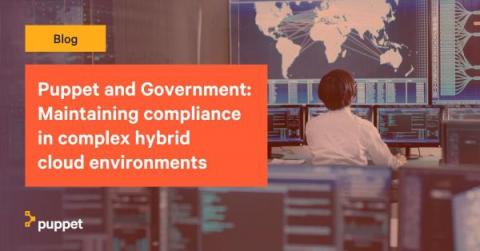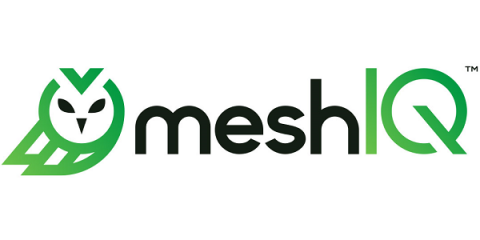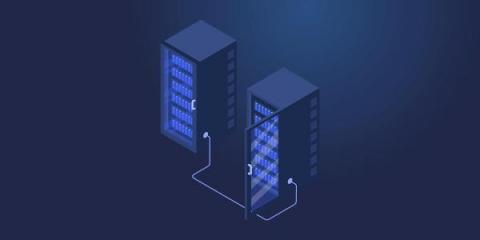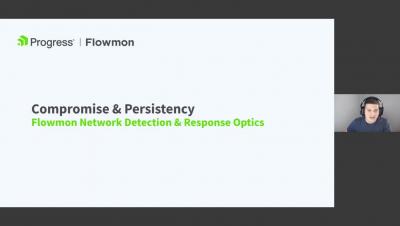Puppet and Government: Maintaining compliance in complex hybrid cloud environments
This blog is the third in a four-part series about how Puppet can help government agencies meet compliance and security requirements. Read the second post here. Government agency IT departments know that migrating applications to the cloud can improve efficiency, increase visibility, and reduce costs. They also recognize the value in keeping some operation resources on-premises.










